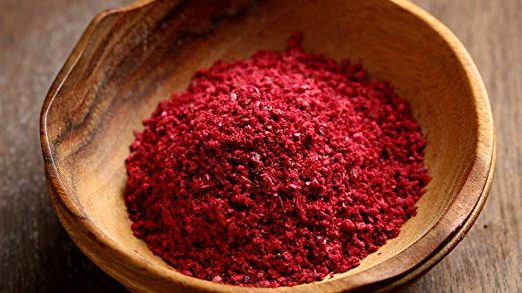Books available on Amazon
Manna of the 21st Century: Parsi Cuisine
Paperback
https://www.amazon.com/dp/1090868391
Hardcover
https://www.amazon.com/dp/B0962FML7W
Indian Parsi Kitchen
https://www.amazon.com/dp/1535410132
Celebrations: Celebrating Zoroastrian Festivals and Traditions
https://www.amazon.com/dp/152381845X
Dhansak: Parsi Cuisine
https://amzn.to/4d92fuv



Rita
Sep 9, 2019, 8:42 pmI have sumac tree in my backyard. Any one know how to harvest the fruits and make the sumac spice?